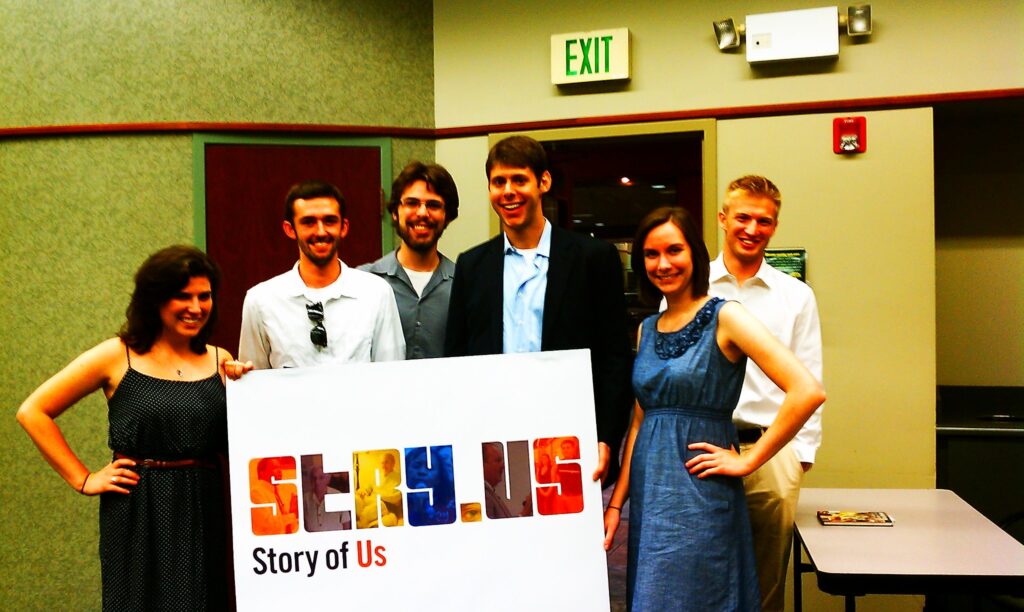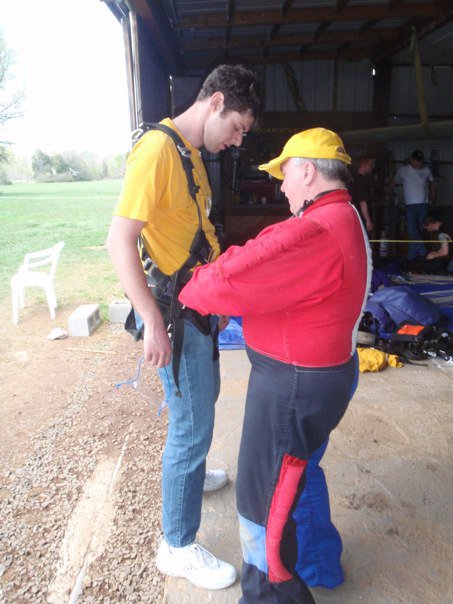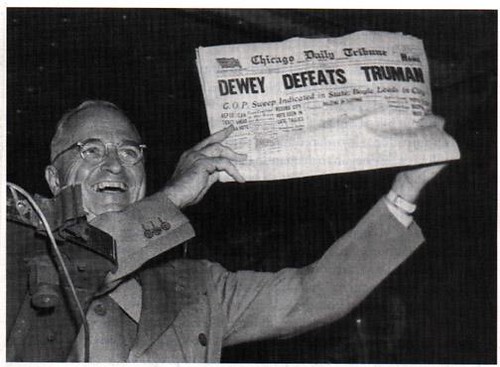“Slump? I ain’t in no slump. I just ain’t hitting.” — Yogi Berra
Over the years, I’ve developed a sixth sense for certain things during sporting events. Like many sports fans, I know exactly when to flick back to the game after a commercial break. Like other sports nuts, I can usually tell you the cliché the announcer is about to spout just before he spouts it.
And of course: I can tell you when one team has the Mo.
You know Mo, or maybe you know it by one of its pseudonyms: Uncle Mo. Mighty Mo.
Big Mo.
Mo is momentum. Mo is how teams make comebacks that don’t seem possible. Mo is how the hot goalie gets hot, and why the power hitter suddenly can’t swing the bat. Mo is that mighty force that can upend even Murphy’s Law.
You can have skill, strength, strategy and coaching, but if you don’t have Mo, you’re not going anywhere.
I’ve seen it with my own eyes: Some nights, Big Mo just gets rolling, and crazy things start happening.
And no, Mo isn’t just a force limited to the playing field. I’ve seen businesses turn one big deal into another. I’ve seen musicians spin one big break into a second, and a third.
But Mo isn’t merely luck. That’s a misconception. It’s a strange combination of forces: Of good breaks, of confidence, of practice, of skill.
Mo doesn’t just happen. Mo is earned.
Mo happens to all of us. It comes — it really does. Some of us just have to be willing to fight a little longer to earn it.
Keep fighting. Keep working.
Your hour of Mo will come. I promise.
That photo of Mizzou’s Big Mo drum comes via @racerx617.









